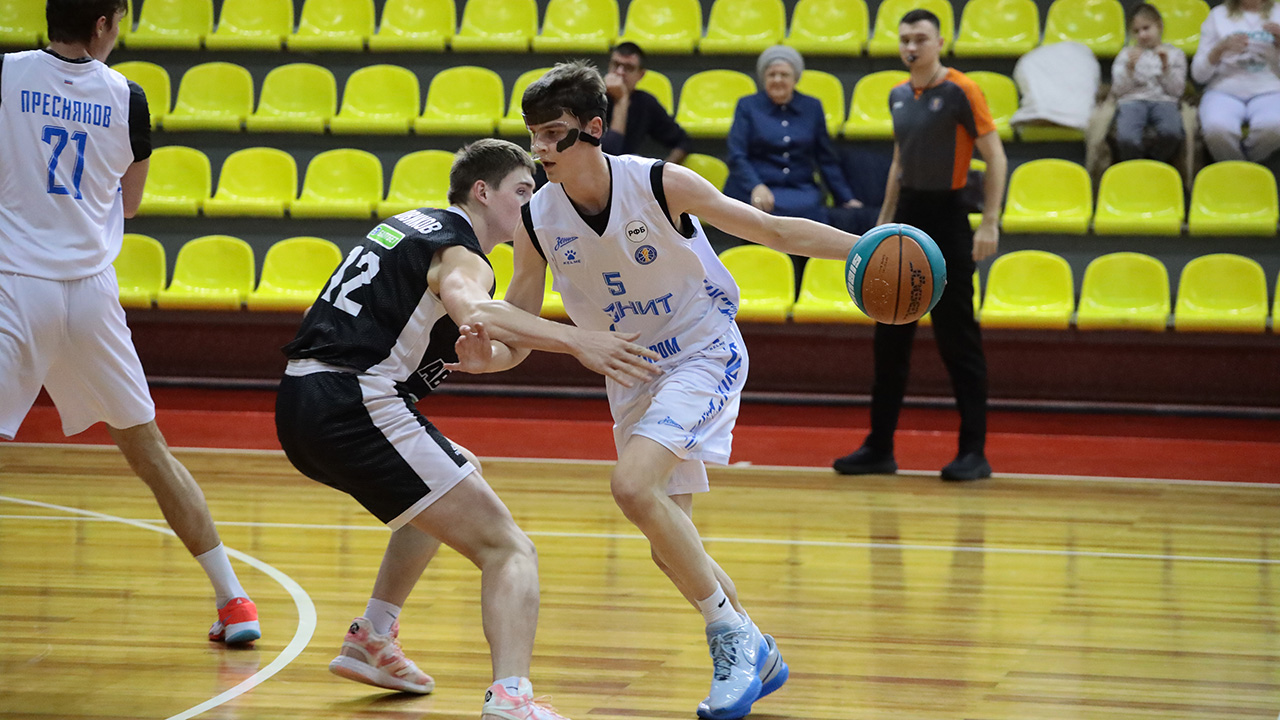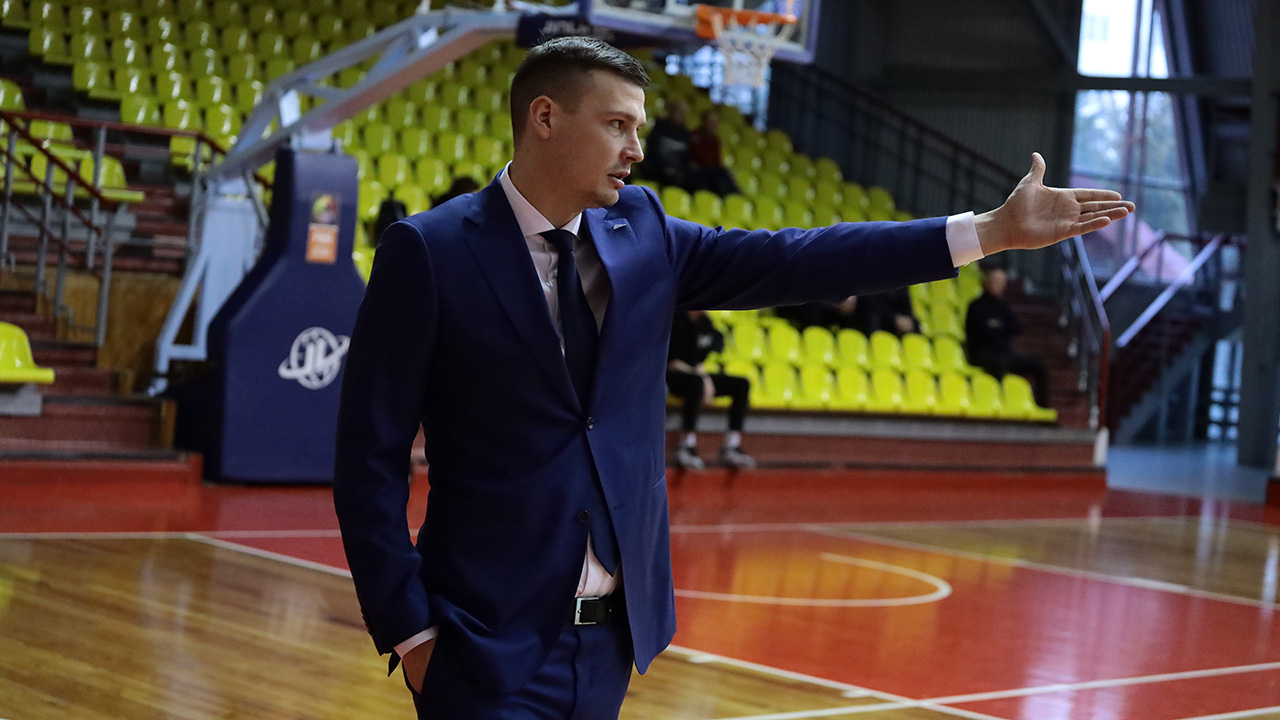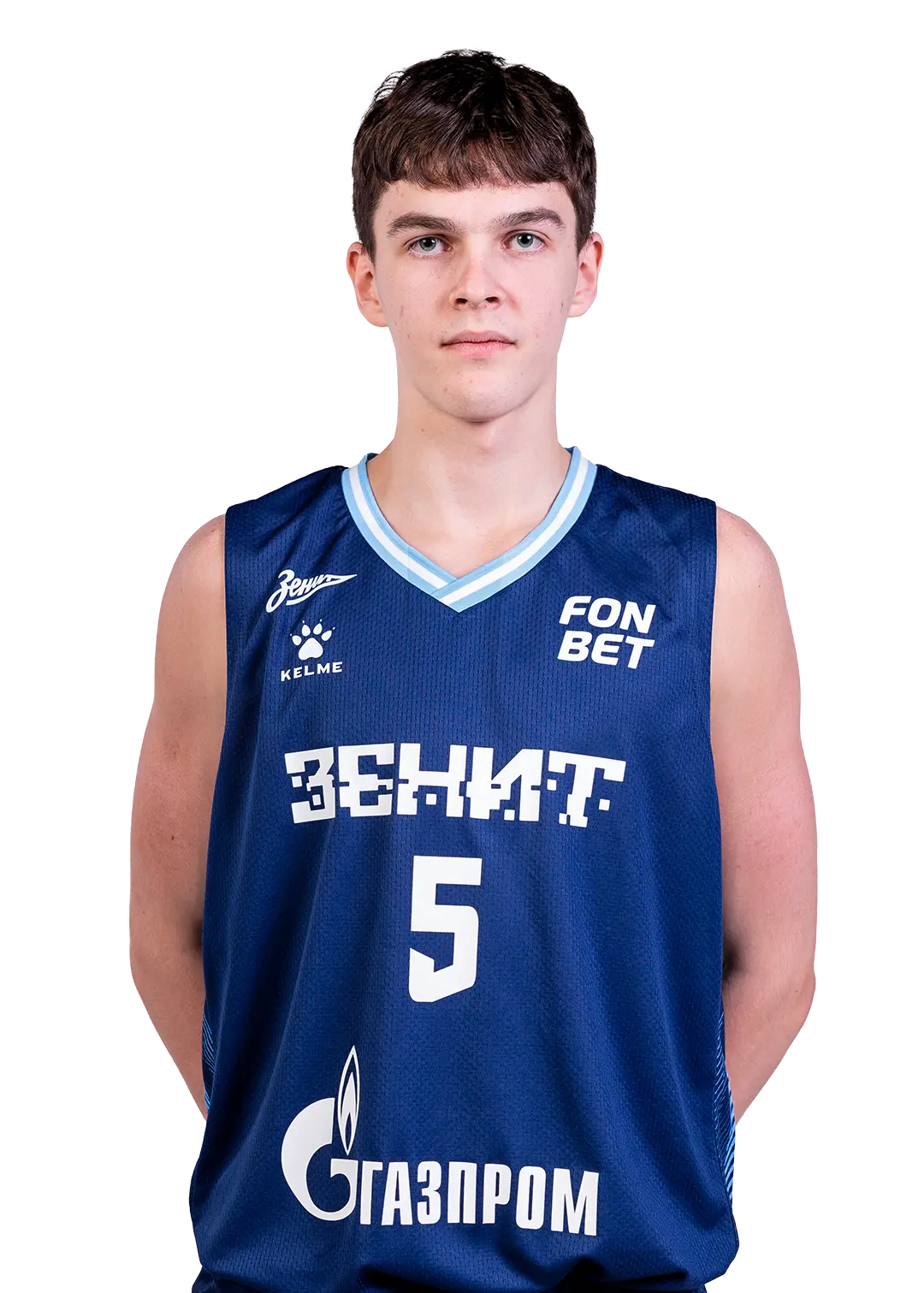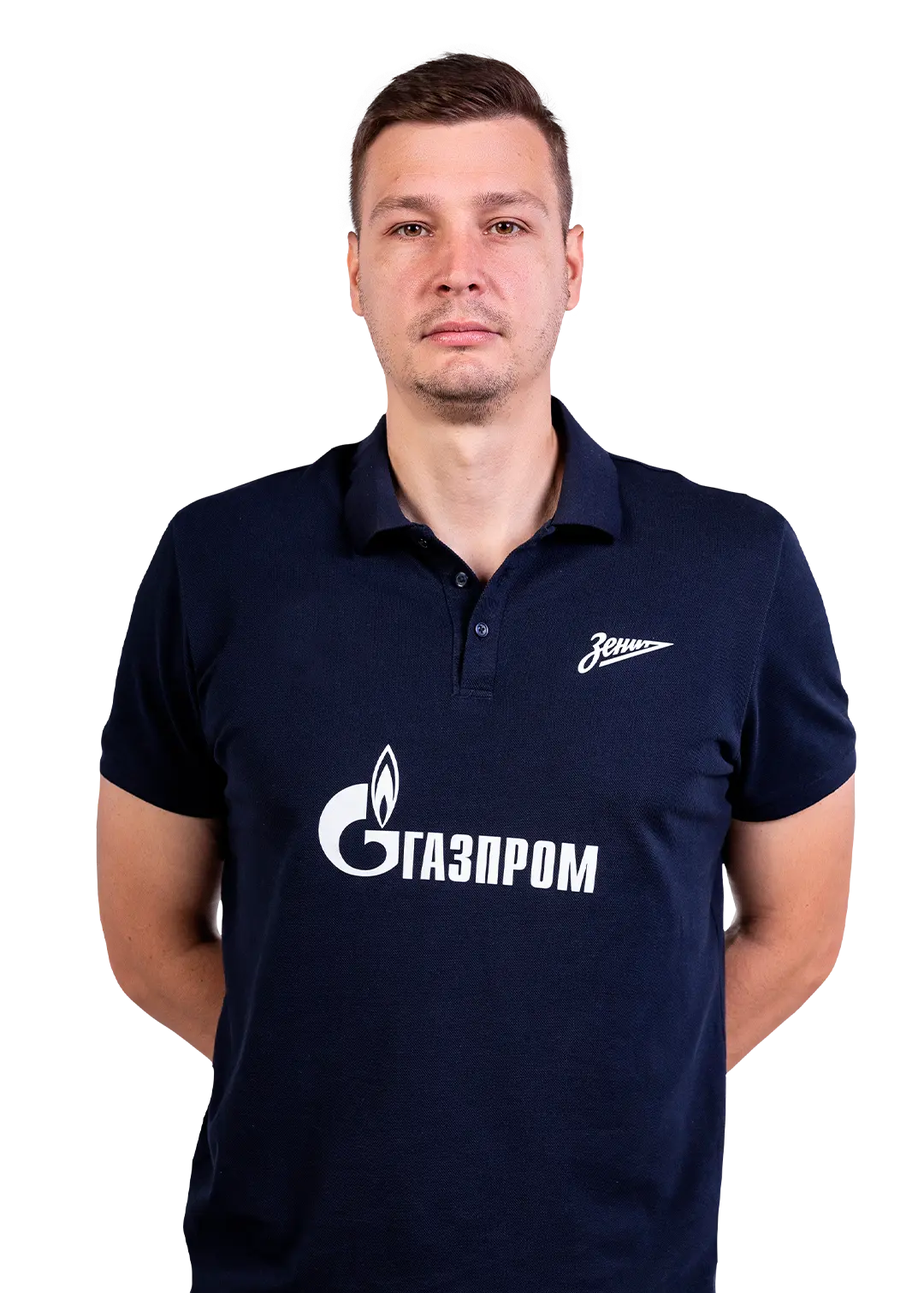"Both games were very intense": Knyazev and Porotnikov reflect on wins over Avtodor-2
Head coach of Zenit U21, Roman Knyazev, summarized the away trip to Saratov, where his team secured two victories against the local Avtodor-2 with scores of 73:86 and 73:81.
— In your opinion, how did the trip to Saratov go, and what allowed your team to win both games?
— It was quite challenging, as you can see from the scores. Both games were very intense. Perhaps yesterday we had a comfortable lead at one point, but the opposing team managed to close the gap, making the game nearly even. And today, we only pulled ahead and controlled the game in the last 3-4 minutes.
What led to the victories? Likely our broader rotation and understanding of the game. We moved the ball well. Unfortunately, we couldn’t convert some of our shots today. We created 18 three-point attempts with 44% accuracy — quite good. But we’d like to do better since we rely heavily on this statistic. Inside, we don’t have very large players, so we can’t offer much apart from teamwork in the paint. It’s hard to beat bigger players one-on-one.
Therefore, our rotation helped, yes, and we created many situations and played solid defense. In the final quarter, we allowed only 11 points. We defended well in the second and fourth quarters, not allowing the opponent many open shots. They scored just over 10 points in each of those quarters, which I believe was a key factor.
— In January, Zenit U21 has four away series, and two are already behind. How hard is it for the team to play away from home for so long?
— It’s not just about playing without our home crowd but also the travel. We’ll return now, spend two days in St. Petersburg, have two practices, and then head to Perm — these long flights are challenging. The game schedule is tough. The players face heavy physical and emotional strain: they play a game, then quickly review it, and the next morning, they either have practice or tactical preparation, followed by another game. It’s all very intense.
The week flies by in an instant, filled with hard work and both mental and physical stress, so it’s not easy for them. Plus, today we had four players born in 2007, a year or two younger than the opponents. But they did great — despite their physical disadvantage, they looked decent, and there’s hardly anything to criticize them for. Except for the beginning when we allowed 28 points. Either it was a lack of focus or just mental fatigue, and we couldn’t artificially bring up the necessary emotions. Hopefully, we’ll find both emotional and basketball resources within ourselves and try to make the most of this series.

Blue-whites guard Alexander Porotnikov also shared his thoughts on the recent games.
— Both wins were hard-fought, especially the second one. How would you rate this trip?
— I think it was quite good overall because our mistakes still surface, and we need to work on them. At times, we lose focus and rely solely on our shooting. The most important thing is that we are addressing these issues and will continue to do so to ensure they don’t happen in the playoffs.
— After a long break, Zenit U21 has already played in Samara and Saratov. At the same time, you’ve returned from injury. What can you say about your performance and the team’s overall form?
— Against Samara-2, our first game didn’t go well. We started strong but finished poorly. However, in the second game, I think we were all back on track. The same goes for Saratov. Everyone played more or less at their level, although some had struggles, as happens. There’s room for improvement, but it was a decent trip.
As for my performance, I can say that in the first game against Samara-2, I didn’t feel very confident since I hadn’t held a ball for about a month and a half. But by the second game, I started feeling like I was returning to my previous form.


